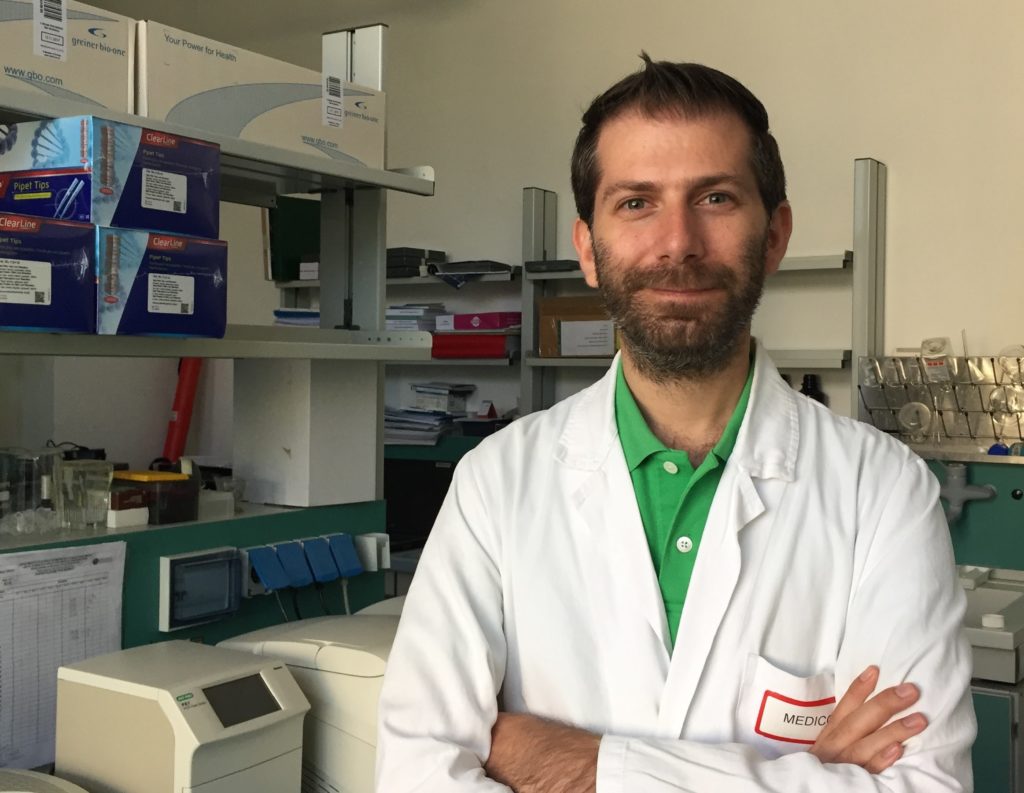Description
Cives and his team will work to develop a new form of immunotherapy for patients who have pancreatic NETs. Their approach aims to combine next-generation genetic sequencing technologies and bioinformatic analysis to identify protein fragments, or neoantigens, that can naturally stimulate the immune system’s anti-tumor activity.
What question will the researchers try to answer?
Immunotherapy represents a major breakthrough in the treatment of multiple types of malignancies, but limited efficacy has been documented in recent clinical trials of patients who have a NET. Dr. Cives and his team will work to identify the presence of protein fragments (neoantigens) that can naturally stimulate the anti-tumor activity of the immune system. This will allow us to identify and artificially expand a specific group of tumor-infiltrating immune cells that could be used in the future as an innovative treatment against pancreatic NETs (pNETs).
Why is this important?
New effective therapies are needed for patients who have NETs, and this project has the potential to drive the development of an entirely new form of treatment for patients who have a pNET. After decades of preclinical research, adoptive T cell immunotherapy has reached the clinical arena, and multiple CAR-T cell products are currently approved to treat several hematological malignancies. The recent advent of high-throughput DNA and RNA sequencing technologies, as well as the development of bioinformatic tools facilitating the recognition of tumor neoantigens, have paved the way for identifying T cells specifically directed against tumor cells. This project aims to demonstrate that such T cells can be isolated and expanded from patients who have a pNET, providing the basis for future therapeutic testing.
What will researchers do?
Dr. Cives and his team will combine high-throughput sequencing technologies and state-of-the-art bioinformatic analyses to identify protein fragments (neoantigens) that can stimulate a naturally occurring immune response against pNETs. They will then isolate tumor-infiltrating lymphocytes with specific anti-tumor activity and will expand them to the numbers needed for clinical transfer in humans. His research team, which includes an international, multidisciplinary collaboration between experienced oncologists, immunologists, bioinformaticians and biologists, has a unique potential in tackling the challenges that the project will pose.
How might this improve the treatment of NETs?
This research may pave the way to the development of an innovative, highly individualized form of T cell immunotherapy for patients who have a pNET. This therapeutic modality has never been investigated against NETs.
What is the next step?
He and his team would like to assess the anti-tumor efficacy of T cells targeting specific tumor protein fragments both preclinically and clinically.

